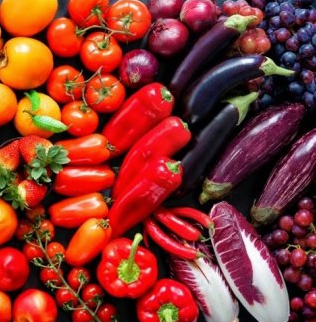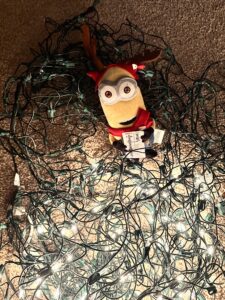Did you know that one third of food in the US goes uneaten? Where does it go? How can you save money on food? Lest first look at all of the food created in the world and realize that a good portion ends up in the landfill.
- 33 % of all food is wasted
- 37% of that food is wasted in our homes
- 34 % of that is produce
If you want to know how to save money on food, check out the tips below.
https://www.epa.gov/recycle/preventing-wasted-food-home
Don’t throw your money away.

Tips for saving money on food
Before you begin, measure if you are wasting food by taking all of the food that you might toss in the trash or send down the disposal and place it in a bowl or bin nightly. If you have a scale or way to measure the volume even better. If not take a picture to give you an idea. At the end of a week see how much food you have thrown away.
There are many reasons why we have surplus food that we cannot use. We might have over purchased or over prepared for an event. We may have had good intentions to finish some left overs but never got back to them before they spoiled. It just may not have been convenient to cook for ourselves. What ever the reason, small steps to change can help your wallet and the planet.
Eat what you have. Can you say “Restaurant Night”?
Setting a menu for the week can be challenging when you have a busy schedule and unexpected interruptions. Our lives are a never-ending cycle of work, school, and errands, leaving little time for anything else.
One thing I do is to make a “Restaurant Night” where I use arrange all of my leftover portions into a new meal. Why is it restaurant night?
It is a bit like a restaurant because all of the different choices. There may not be enough of one type of left over but everything together makes a meal and ensures that the food does not go to waste.
Quick tip: Check what you already have in your pantry, fridge, and closet before going shopping.
Store food for maximum freshness
Did you know that storing onions and potatoes together makes them spoil faster? Both of these items emit a gas that cause the other to spoil faster.
There are a number of ways to store food to extend their freshness.
- Wait to wash your produce right before you eat it.
- Wrap your celery in aluminum foil before storing, it will keep a week longer
- Know thy refrigerator. Models vary and some parts of your refrigerator maybe we warmer or colder. Get to know your zones, keep your produce from freezing and ultimately spoiling by storing it away from the coldest air.
- Use airtight containers to prevent oxidation as well as if you live in a humid climate from going stale. Using glass is even better.
- Don’t buy in bulk if you cannot or will not use a fresh item. Better to buy a smaller quantity at a higher price.
- Store your bread in the freezer. Pull out slices and thaw as you need them.
- If you have smart bins for fruit, vegetables and meats use them and get acquainted with how well they control humidity and temperature for the types of food you buy.
- Store leftovers in clear containers and place in line of sight as a reminder and to use them first. Sometimes, their “shelf life” is shorter than other foods.
- If you cannot use something right away, freeze it. This works great with fruit. You can even freeze a whole lemon. Remember to label your frozen items as well. Over time these foods will degrade from dehydration and oxidation.
- If you buy greens in plastic tubs consider splitting them up into two containers and store with a damp towel, swedish cloth or even a paper towel to extend their life.
- Label for food safety and to make sure you use up an item in time. https://www.mayoclinic.org/healthy-lifestyle/nutrition-and-healthy-eating/expert-answers/food-safety/faq-20058500
Try imperfect foods
There are a number of companies now offering imperfect foods to be delivered to your home. Also many of your smaller markets or farmer’s markets have food at great prices that the big-box grocers have bypassed.
If a produce item is going to be peeled, minced, chopped or rearranged from its whole, consider buying the crooked carrots or odd-shaped potato that may be passed up by another buyer.
One way to save money and help out the food waste stream is to buy items with short expiration dates if you plan to cook them the same day. If you eat meat or dairy, often you can find items that have been heavily discounted.
More tips in http://www.thecleanerplanetplaybook.com


